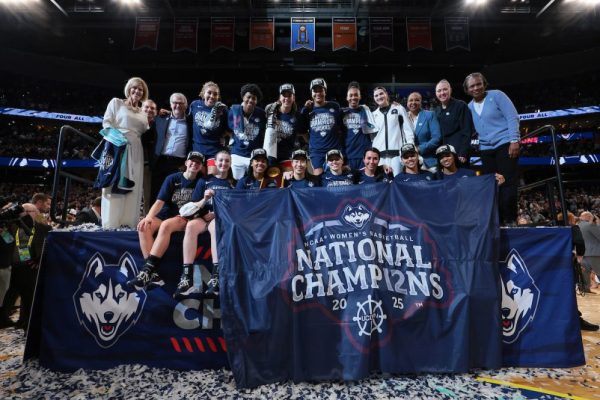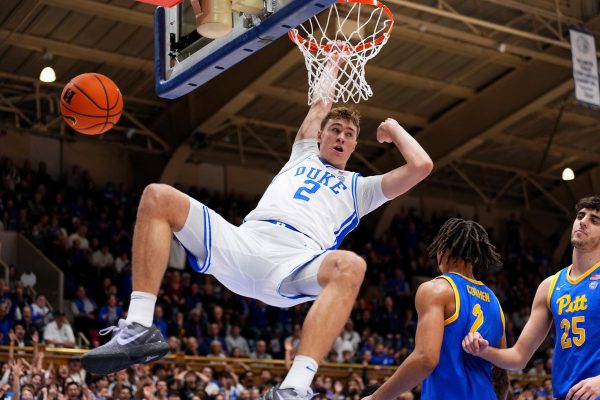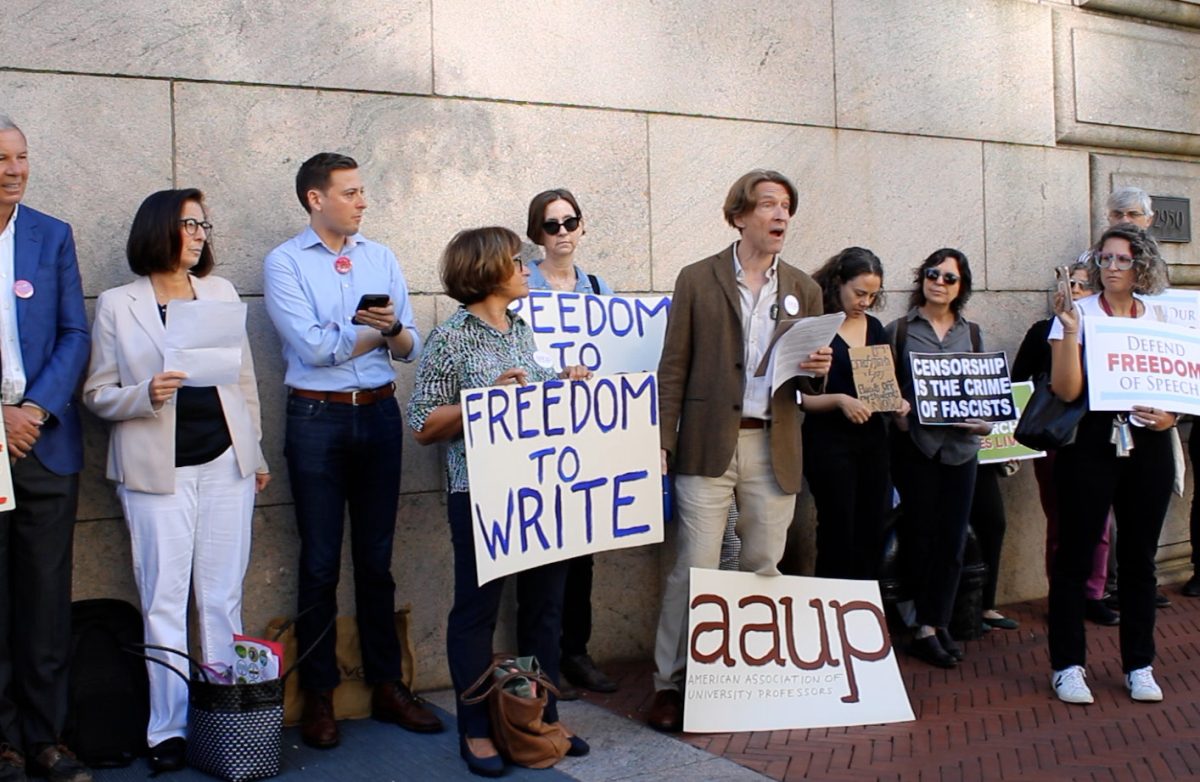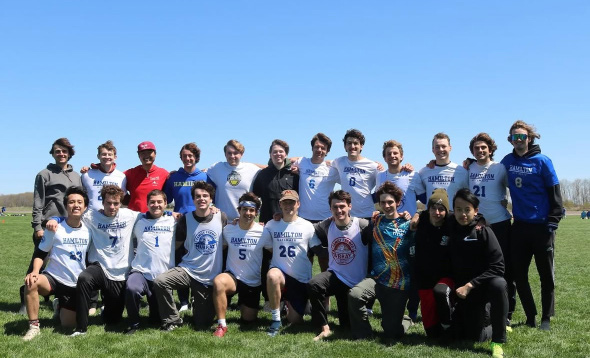
Bracket busted? Once again, the quest for the first (verified) perfect bracket remains. In previous years, winners and losers were unpredictable, making predicting every game’s outcome virtually impossible. According to the NCAA, the average number of upsets (the winning team being at least five seeds worse) is eight per year. However, this year’s tournament was relatively more predictable with only four upsets with the most notable being the No. 10 seed Arkansas 75-66 win over No. 2 seed St. John’s in the second round. Many viewers and critics proposed various reasons for the lack of upsets ranging from NIL’s rippling effects to higher-seeded teams being stronger this year.
Nonetheless, the Elite Eight consisted of four No. 1 seeds, three No. 2 seeds and one No. 3 seed. All No. 1 seeds made the Final Four, and the Florida Gators faced off against the Houston Cougars for the national title. Houston led for almost the entire game, but the Gators’ late-game surge helped them defeat the Cougars 65-63 to be crowned champions for the third time in history and their first since 2007.
All eyes were on Duke this season. With three freshmen in the starting five who are projected top-10 picks in the upcoming NBA draft, Duke had its sights on a championship. This included Cooper Flagg, the number one overall projected pick in next season’s NBA Draft. For the most part, Duke met expectations, going 35-4 overall with a 19-1 ACC conference record. The Blue Devils won the ACC regular season title and the ACC tournament. In the regular season, Duke beat teams by an average of 20.5 points. Meanwhile, Cooper Flagg averaged 19 points, 7.5 rebounds and four assists per game, earning him the Naismith Men’s College Player of the Year and the John R. Wooden Award. He was also named the Associated Press Player of the Year, along with ACC Player and Rookie of the Year.
Duke stayed hot throughout the tournament, comfortably winning each game, including against No. 2 seed Alabama, until the Final Four. Duke fell apart against its fellow No. 1 seed Houston Cougars. The game ended in distaer for Duke as at one point the team had a 91.6% chance of winning late in the second half. With costly turnovers and Houston’s ability to knock down consecutive three-pointers, Duke’s championship dreams were gone. Many wonder how the team will change this offseason with Cooper Flagg and his fellow five-star freshmen recruits planning to enter the NBA draft.
Similarly, the women’s side of the tournament had few upsets. Typically, upsets in women’s basketball are rare as specific programs, such as UConn and South Carolina, continuously dominate. This is due in part to a lack of attention and money spent on smaller women’s programs compared to their male counterparts. Like the men’s bracket, the Elite Eight featured four No. 1 seeds, three No. 2 seeds, and one No. 3 seed.
Going into the tournament, USC and UConn had championship desires. Expectations were high for USC as it had one of the best players in the country with JuJu Watkins, who won this year’s John R. Wooden Award, Associated Press Player of the Year and Naismith Women’s College Player of the Year. On the other hand, UConn had title aspirations, led by the likes of Paige Bueckers, who won the Naismith Women’s College Player of the Year, John R, Wooden Award and Best Female College Athlete ESPY Award, all in 2021. Going into the season, she was trying to cap her college career by bringing a championship back to UConn for the first time since 2016.
Unfortunately, JuJu Watkins tore her ACL in USC’s second-round matchup against Mississippi State. ACL tears are quite common in female athletes and often female athletes have more long-term side effects than male athletes with the same injury. While the No. 1 seed Trojans battled their way into the Elite Eight, they were ultimately ousted by UConn and Bueckers, who dazzled with 31 points. The No. 2 seed UConn Huskies cruised through the tournament, beating each team by double digits. They capped off their season by blowing out No. 1 seed South Carolina 82-59, reaffirming their dominance in women’s college basketball.

















